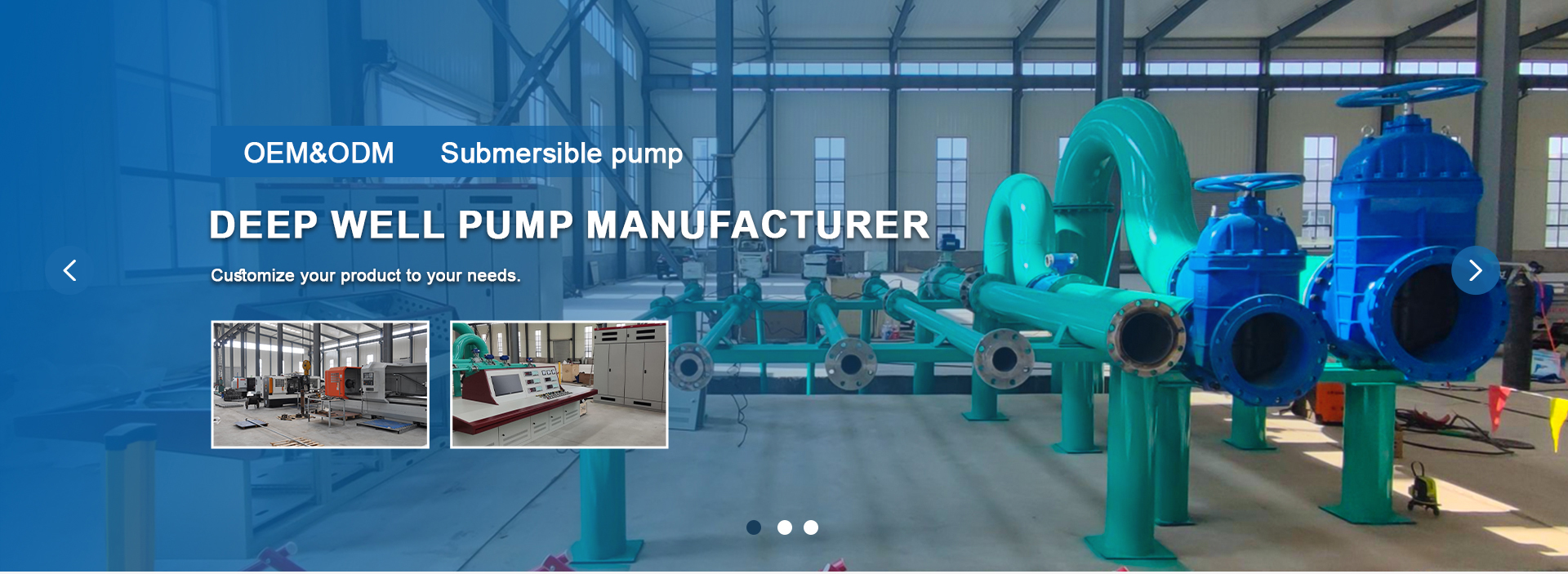Dec . 07, 2024 12:22 Back to list
submersible water pumps for wells
Submersible Water Pumps for Wells An Overview
Submersible water pumps are essential tools for extracting groundwater from wells. These pumps are designed to operate underwater, offering several advantages over traditional surface pumps. As groundwater resources become increasingly important for agricultural, residential, and industrial purposes, understanding the significance, functionality, and advantages of submersible water pumps for wells is crucial.
What is a Submersible Water Pump?
A submersible water pump is a type of pump that is hermetically sealed to prevent water from entering the motor and is submerged in the fluid it is pumping. Unlike surface pumps that draw water up from a well, submersible pumps push water to the surface, making them more efficient for deep well applications.
Key Components of Submersible Pumps
1. Motor The motor is the heart of the pump, responsible for converting electrical energy into mechanical energy. It is usually sealed to prevent moisture ingress, ensuring reliable performance.
2. Pump Impeller This component is responsible for moving water. When the motor spins the impeller, it creates a centrifugal force that pushes water upwards.
3. Diffuser The diffuser works in conjunction with the impeller, helping to manage and direct the flow of water and increasing the efficiency of the pump.
4. Suction Strainer This component prevents debris and other solid particles from entering the pump, protecting it from damage and ensuring longer operational life.
5. Discharge Head The discharge head is located at the top of the pump and is where the water exits the pump to enter the delivery system.
Advantages of Submersible Water Pumps
1. Efficiency Submersible pumps are designed to be highly efficient because they do not have to overcome atmospheric pressure as surface pumps do. This makes them ideal for deep wells, where they can deliver high flow rates with lower energy consumption.
2. Reduced Risk of Cavitation Cavitation occurs when vapor bubbles form in the pump, which can cause damage. Submersible pumps work underwater, reducing the risk of cavitation and prolonging the pump's lifespan.
submersible water pumps for wells

3. Less Noise Pollution Because they are submerged, these pumps operate quietly, minimizing noise pollution compared to surface pumps that are more audible.
4. Space-saving Design Submersible pumps are compact and can fit into narrower well casings, making them suitable for many installations, especially where space is restricted.
5. Versatility Submersible pumps can be utilized for various applications—from residential water supply to agricultural irrigation and even for dewatering applications.
Applications of Submersible Water Pumps
Submersible water pumps are widely used across different sectors
- Residential Use Homeowners often install submersible pumps to extract water from deep wells for household use, ensuring a consistent water supply.
- Agricultural Irrigation Farmers utilize these pumps to irrigate crops efficiently, providing necessary water to large fields with varying depths.
- Industrial Use Industries requiring large volumes of water for processes like cooling or washing can rely on submersible pumps for effective water supply.
- Construction and Dewatering These pumps are critical in construction sites to remove excess water—keeping the work area dry and safe.
Installation and Maintenance
While submersible pumps are generally straightforward to install, it’s paramount to ensure proper sizing and selection based on the well’s depth and water demand. Regular maintenance is also essential; this includes routine checks for mechanical wear, inspecting electrical connections, and ensuring that clean water is always drawn without sediments that could clog the pump.
Conclusion
Submersible water pumps are integral to managing and utilizing groundwater resources effectively. Their efficiency, durability, and versatility make them suitable for a wide range of applications, from domestic use to industrial operations. As the demand for water continues to grow, understanding and leveraging the benefits of submersible water pumps will be crucial for sustainable water management, especially in regions relying heavily on well water systems. Whether for agricultural, residential, or industrial needs, these pumps exemplify technology’s role in facilitating our access to vital natural resources.
-
Submersible Water Pump: The Efficient 'Power Pioneer' of the Underwater World
NewsJul.01,2025
-
Submersible Pond Pump: The Hidden Guardian of Water Landscape Ecology
NewsJul.01,2025
-
Stainless Well Pump: A Reliable and Durable Pumping Main Force
NewsJul.01,2025
-
Stainless Steel Submersible Pump: An Efficient and Versatile Tool for Underwater Operations
NewsJul.01,2025
-
Deep Well Submersible Pump: An Efficient 'Sucker' of Groundwater Sources
NewsJul.01,2025
-
Deep Water Well Pump: An Efficient 'Sucker' of Groundwater Sources
NewsJul.01,2025
-
 Submersible Water Pump: The Efficient 'Power Pioneer' of the Underwater WorldIn the field of hydraulic equipment, the Submersible Water Pump has become the core equipment for underwater operations and water resource transportation due to its unique design and excellent performance.Detail
Submersible Water Pump: The Efficient 'Power Pioneer' of the Underwater WorldIn the field of hydraulic equipment, the Submersible Water Pump has become the core equipment for underwater operations and water resource transportation due to its unique design and excellent performance.Detail -
 Submersible Pond Pump: The Hidden Guardian of Water Landscape EcologyIn courtyard landscapes, ecological ponds, and even small-scale water conservancy projects, there is a silent yet indispensable equipment - the Submersible Pond Pump.Detail
Submersible Pond Pump: The Hidden Guardian of Water Landscape EcologyIn courtyard landscapes, ecological ponds, and even small-scale water conservancy projects, there is a silent yet indispensable equipment - the Submersible Pond Pump.Detail -
 Stainless Well Pump: A Reliable and Durable Pumping Main ForceIn the field of water resource transportation, Stainless Well Pump has become the core equipment for various pumping scenarios with its excellent performance and reliable quality.Detail
Stainless Well Pump: A Reliable and Durable Pumping Main ForceIn the field of water resource transportation, Stainless Well Pump has become the core equipment for various pumping scenarios with its excellent performance and reliable quality.Detail
